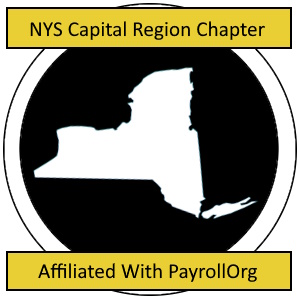|
IRS allows exclusion of 2017 moving expenses paid in 2018
On September 21, the IRS announced that employer payments or reimbursements in 2018 for employees’ qualified moving expenses incurred in 2017 are excluded from the employees’ wages for income and employment tax purposes [IRS Notice 2018-75, 9-21-18].
Reimbursements an employer pays to an employee in 2018 for qualified moving expenses incurred prior to January 1, 2018, are not subject to federal income or employment taxes. The same is true if the employer pays a moving company in 2018 for qualified moving services provided to an employee prior to January 1, 2018.
To qualify, reimbursements or payments must be for work-related moving expenses that would have been deductible by the employee if the employee had directly paid them prior to January 1, 2018. The employee must not have deducted them on the employee’s 2017 personal income tax return.
Because it was unclear whether the TCJA’s suspension of the exclusion for qualified moving expenses applied to reimbursements made in 2018 for costs incurred in 2017, employers were not sure how to treat the expenses. Lori Brown, CPP, Finance Director, Payroll Operations for Hanger, Inc., said that “many companies elected to tax all relocation expenses paid on or after January 1, 2018. Now many employers may need to make corrections by filing Form 941-X before the end of 2018.” Brown suggested that employers should update their communications and policies to ensure that corrective processes are in place.
Employers that need to make corrections because they withheld and paid federal employment taxes or grossed-up the income and employment taxes on the qualified moving expenses may use the adjustment process under IRC §6413 or the refund claim process under IRC §6402 to correct the overpayment of federal income and employment taxes on these amounts. The adjustment or refund claim for federal income tax must occur before January 1, 2019 (see The Payroll Source®, §8.6).
|
